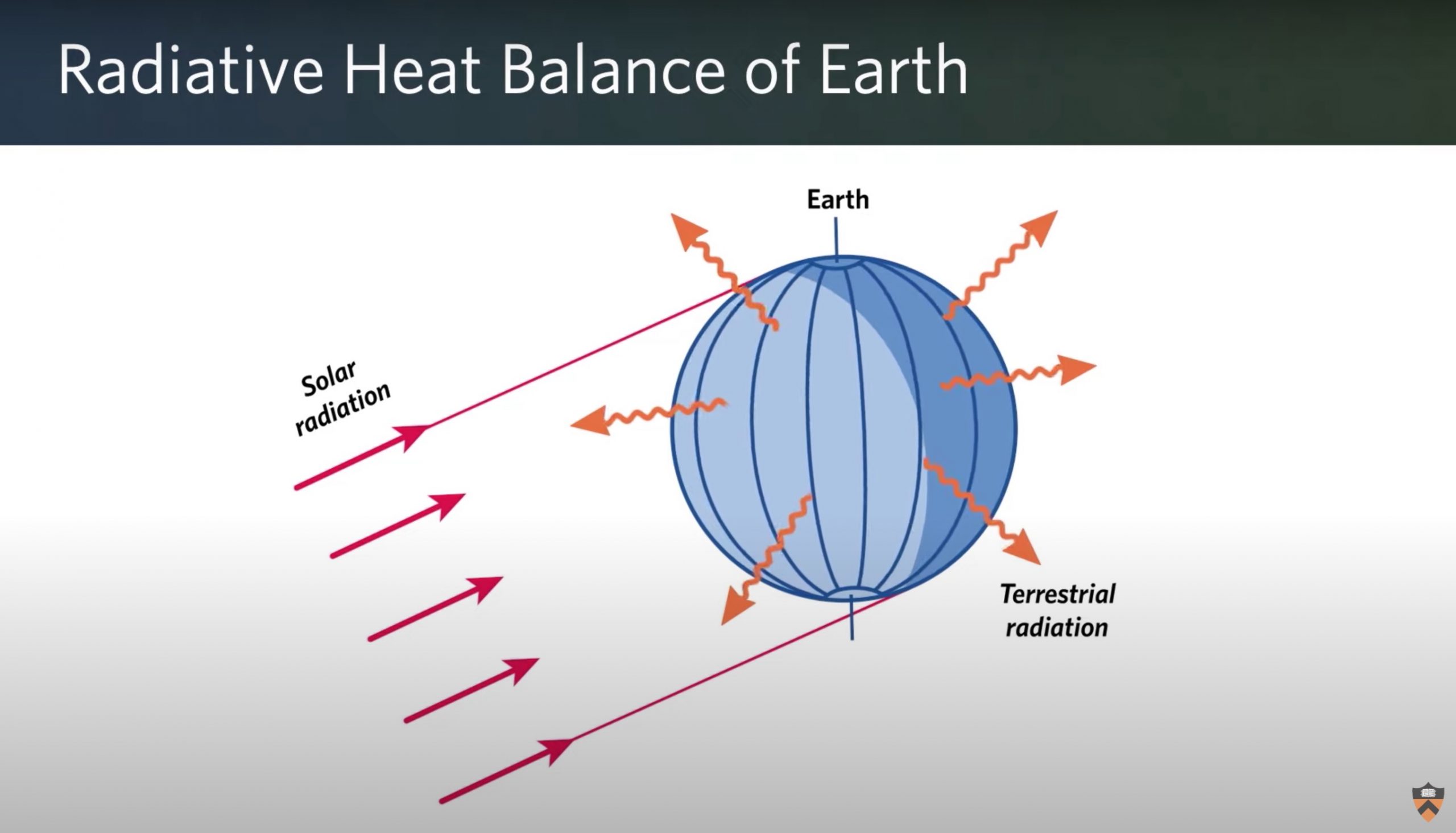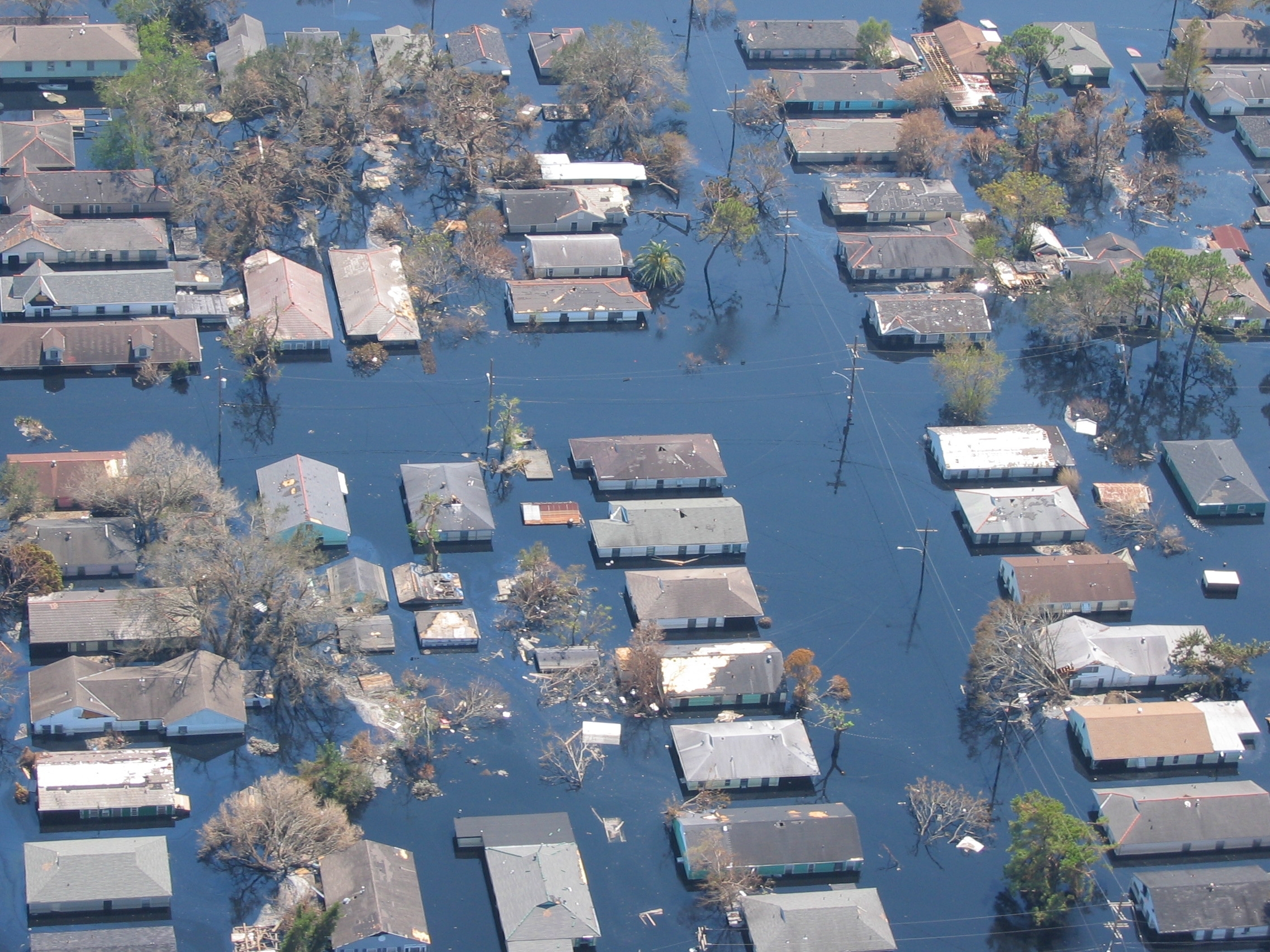On December 8, 2021, Princeton climatologist Prof. Syukuro Manabe, winner of the 2021 Nobel Prize for “the physical modelling of Earth’s climate, quantifying variability and reliably predicting global warming”, delivered his Nobel Prize lecture, “Physical Modeling of Earth’s Climate.”
During the lecture, Manabe explains the importance of understanding climate systems and temperature change and how they influence global patterns such as changes in water availability.

“The numerical simulation techniques developed by Prof. Manabe, which take into account the interaction between the atmosphere and the oceans, are the basis of the Earth system modelling and predictions used today for long-term prediction and climate prediction, and are indispensable not only for global warming prediction but also for daily to seasonal forecasting,” states the World Meteorological Organization in response to his prize.
The prediction of climate change without [an] accompanying understanding of it is no better than [the] prediction of [a] fortune teller.
Professor Syukuro Manabe.






